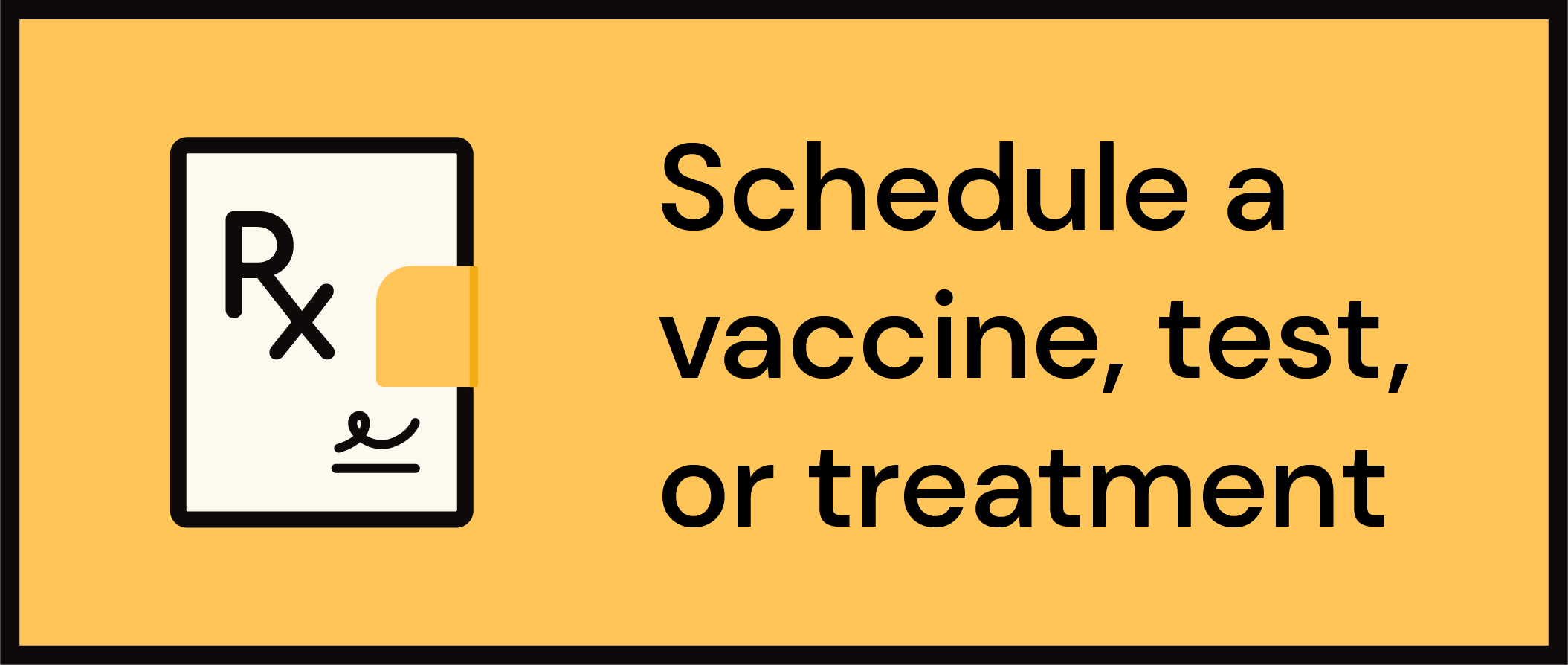Manténgase sano!

- Amy Norton
- Posted January 25, 2022
Young Women at Higher Risk for Stroke Than Male Peers: Study
Strokes aren't common among young people, but when they do happen, they strike more often in women than men, a new review finds.
Of the nearly 800,000 Americans who suffer a stroke each year, 10% to 15% are adults age 45 or younger, according to the American Heart Association.
The new research suggests that young women may face a particular risk: Those age 35 and younger were 44% more likely than men their age to suffer an ischemic stroke.
Ischemic strokes, which account for the large majority of all strokes, occur when a blood vessel supplying the brain is obstructed.
The study cannot pinpoint the reasons for the higher risk among young women, said researcher Dr. Sharon Poisson, an associate professor of neurology at the University of Colorado Anschutz Medical Campus.
However, she said, pregnancy is one likely contributor: Pregnancy-related conditions, including blood clots, high blood pressure and diabetes, can raise a woman's risk of stroke.
Birth control pills are another, Poisson said. Today's birth control pills are safer than formulations from years ago, but women using them typically have a higher stroke risk than non-users -- especially if they smoke or have stroke risk factors like high blood pressure.
Dr. Argye Hillis, a neurologist at Johns Hopkins University, agreed that those factors are probably part of the story.
"But they're not the whole story," said Hillis, who is also deputy editor of the journal Stroke.
The study was published Jan. 24 in a special issue of Stroke focused on women's cardiovascular health.
Hillis pointed to some other potential explanations for young women's relatively higher stroke risk. For example, they are more vulnerable to carotid dissection -- a tear in one of the arteries that run along the neck and supply blood to the brain.
Usually, those tears are related to a neck injury, Hillis explained, and women might be more susceptible than men because their blood vessels are typically smaller.
But Hillis also noted that traditional risk factors for stroke in older people -- including obesity, high blood pressure and diabetes -- are becoming increasingly common in young adults. And the overall stroke incidence among young Americans has risen by about 40% over the past several decades, according to the heart association.
"This is not just a disease of elderly people," Hillis said. "At our hospital, the average age of stroke patients has been going down."
The latest findings are based on a review of 16 previous studies that focused on stroke incidence among young adults. The studies differed in their findings, with nine showing no difference in risk between women and men age 45 and younger.
But overall, women age 35 and younger were more likely than men their age to have an ischemic stroke. The evidence was conflicting for adults ages 35 to 45: The gap between women and men narrowed across the studies, and a few found that men were at greater stroke risk by that latter age.
Hillis stressed the importance of all young adults being mindful of their cardiovascular health.
"Don't smoke," she said. "Try to exercise, eat a healthy diet and make sure your blood pressure is under control."
Poisson encouraged young people to learn the signs and symptoms of stroke, and never ignore red flags.
A simple way to remember them, she said, is with the "B.E.F.A.S.T." acronym. It stands for balance (dizziness or difficulty walking); eyes (symptoms like blurred vision); face (drooping on one side); arms (sudden weakness in the limbs); speech (difficulty speaking or understanding speech); and time (call 911 immediately).
"With younger people, those symptoms often get brushed off," Poisson said. "But it's important for them to know that stroke can happen at any age."
Hillis also emphasized that point: "Call 911 and get to the hospital as early as possible."
When stroke sufferers get to the hospital promptly, she said, they can receive treatments that restore blood flow to the brain and limit damage to its tissue.
More information
The American Heart Association has more on stroke risk factors.
SOURCES: Sharon Poisson, MD, associate professor, neurology, University of Colorado Anschutz Medical Campus, Aurora, Colo.; Argye Hillis, MD, professor, neurology, Johns Hopkins University School of Medicine, Baltimore, and deputy editor, Stroke; Jan. 24, 2022, Stroke, online








